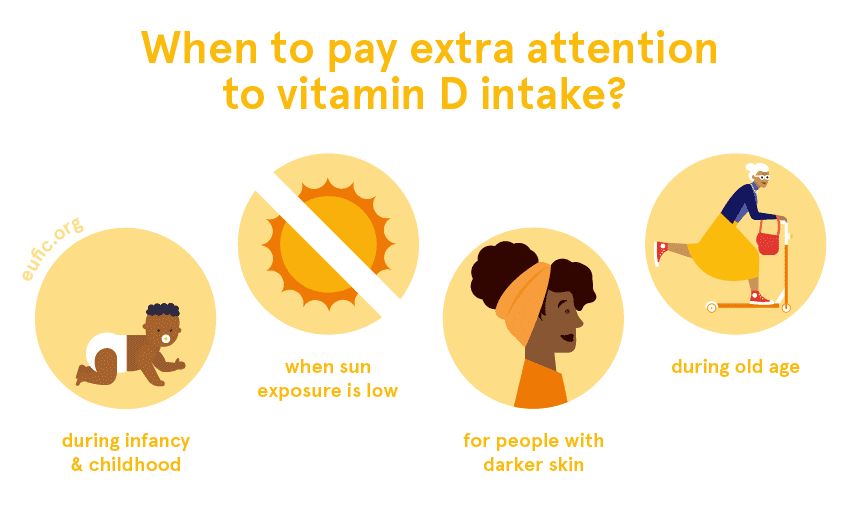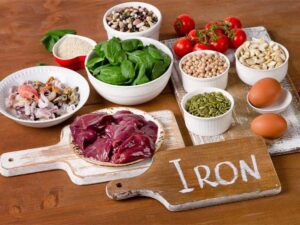Vitamin D is an essential nutrient that plays a critical role in many aspects of health, particularly for elderly people. As we age, our bodies become less efficient at producing and processing vitamin D, which can lead to deficiencies and a range of health problems.
One of the most important functions of vitamin D is its role in bone health. Vitamin D helps the body to absorb calcium, which is necessary for strong bones. Without enough vitamin D, the body cannot absorb calcium properly, leading to weakened bones and an increased risk of fractures, particularly in elderly people who may already have weakened bones due to age-related bone loss.
In addition to its role in bone health, vitamin D also plays an important role in immune function. Adequate levels of vitamin D can help to reduce the risk of respiratory infections, such as colds and flu, particularly in elderly people who are more vulnerable to these infections.
Vitamin D has also been linked to a reduced risk of chronic diseases such as heart disease, diabetes, and certain types of cancer. Some studies have suggested that low levels of vitamin D may be a risk factor for these conditions in elderly people.
Unfortunately, many elderly people are at risk of vitamin D deficiency due to a range of factors, including reduced exposure to sunlight, limited mobility, and decreased intake of vitamin D-rich foods. This can lead to a range of health problems, including osteoporosis, weakened immune function, and an increased risk of chronic diseases.
To ensure adequate vitamin D intake, elderly people should aim to get enough exposure to sunlight, particularly during the hours when the sun is at its highest, and should consider taking a vitamin D supplement if they are not getting enough through their diet. Foods that are high in vitamin D include fatty fish, egg yolks, and fortified dairy products.
In conclusion, vitamin D is an essential nutrient that plays a critical role in many aspects of health, particularly for elderly people. Adequate vitamin D intake can help to support bone health, immune function, and reduce the risk of chronic diseases. Elderly people should aim to get enough vitamin D through a combination of sunlight exposure and diet, and may need to consider taking a supplement to ensure adequate intake.




